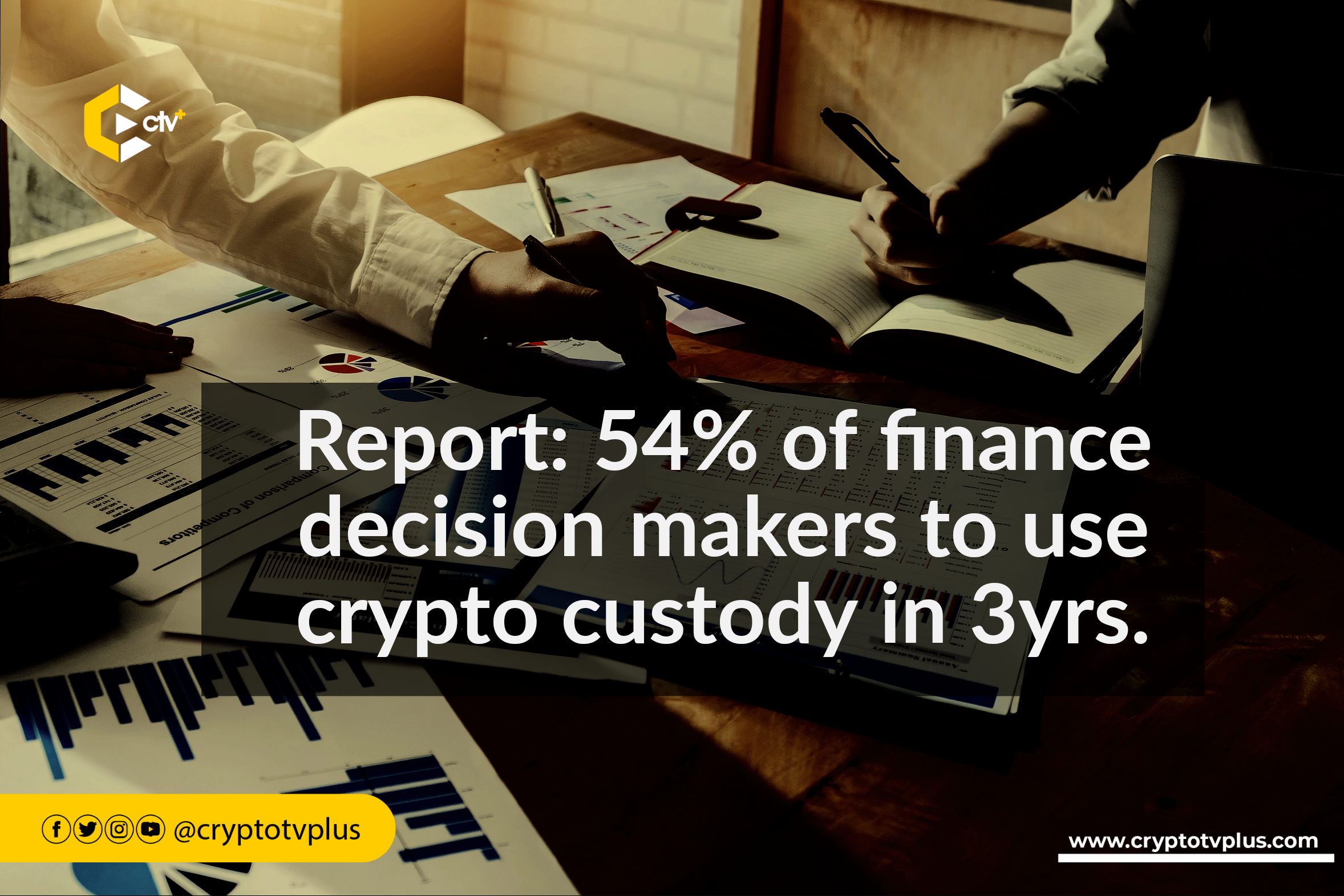FEATURED
Report: 54% of financial firms eyes third-party crypto custody in 3 years

Custody, as a core financial service, has continuously adapted and transformed to meet the demands of the industry and keep up with technological advancements.
While custodian banks have existed for centuries, the modern concept of custody took shape in the 1970s to cater to the growing needs of institutional investors.
These institutions were responsible for offering essential securities services, including safekeeping, settlement, and asset servicing.
As time progressed, the 1990s witnessed the introduction of global custody and value-added services, which expanded further with technological advancements in the 2000s.
However, in the 2010s and beyond, we have observed the emergence of alternative forms of custody that leverage advanced tools like blockchain.
These newer custodial models align with trends like digital assets, data analytics, cybersecurity, and innovative business models.
Such developments have given rise to a fresh paradigm of custody for the present-day world, creating more opportunities for interoperability among banking systems.
Examples of this interoperability can be seen with the integration of Swift, PayPal, Mastercard, and other global financial institutions.
In a recent report from Ripple, over half of the financial decision-makers they interviewed said that they would explore managed custody services within the next three years.
The custody of funds and other assets has always been in the hands of third-party agents who use traditional means to secure these assets. However, the narrative is changing.
Custody in the financial markets refers to the safekeeping and management of financial assets such as stocks, bonds, and other securities on behalf of investors.
It is a vital function provided by financial institutions, often known as custodian banks or trust companies, to ensure the security and integrity of these assets.
In custody services, there are two main types: self-custody and managed custody. Self-custody occurs when entities like corporations or asset managers handle the custodial role themselves. They directly oversee sub-custodians in different markets and regions where they conduct trading activities.
Managed custody, on the other hand, relies on third-party entities, often global custodian banks, to hold and manage customers’ tokenized assets and private keys.
These external entities assume full responsibility for safeguarding the assets and offer services like wallet management, which includes tracking, valuation, and asset servicing.
Growth of crypto-managed custody
Ripple said that “while a greater proportion of respondents at financial institutions currently use crypto custody in their business,” 35% of the respondents use crypto custody today, and 54% plan to do so three times.
While there are advantages to self-custody such as complete autonomy, enhanced privacy and security (as private keys are not stored on central servers), financial inclusion for the unbanked, and contributing to a more decentralized ecosystem, it comes with a challenge.
A huge part of this is the responsibility, complexity, and technical expertise required to secure assets and information. In addition, some self-custody wallets may also offer limited functionality, which may be in abundance in a managed custody solution.
Ripple noted that the benefit of managed custody for enterprises is that it removes the burden of private key management for businesses. By outsourcing custody responsibilities to third parties, customers gain secure and convenient access to digital assets.
Also, Managed custody providers offer regulatory compliance expertise, insurance against loss or theft, and technical resources.
It added that the downside to it is that using a third-party custody solution may entail potential delays, hidden fees, platform failures, or other factors outside the asset owner’s control.
Read also; Can blockchain address the $181B compliance challenge in finance?














